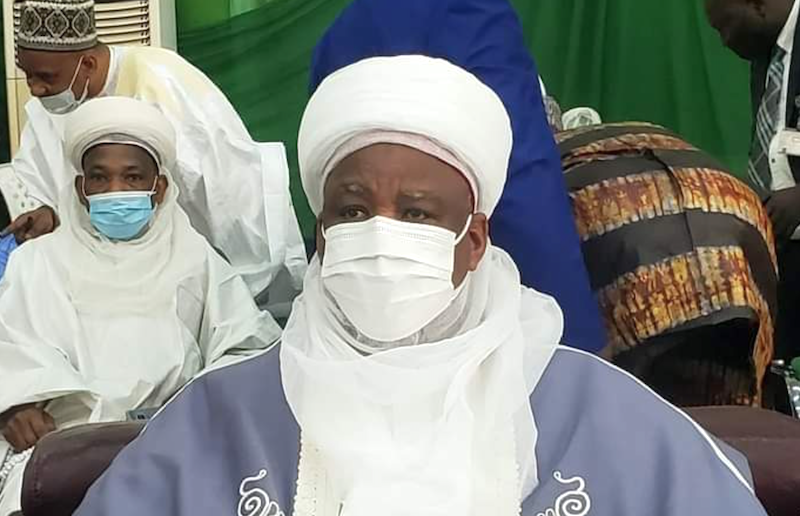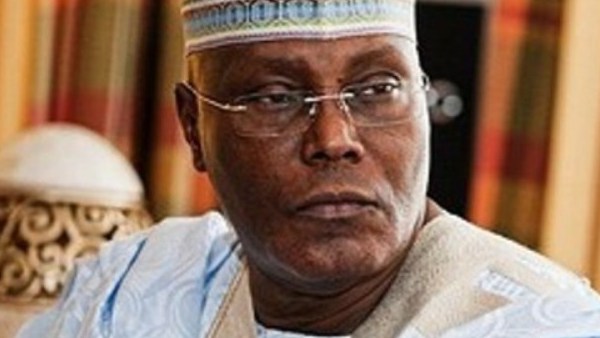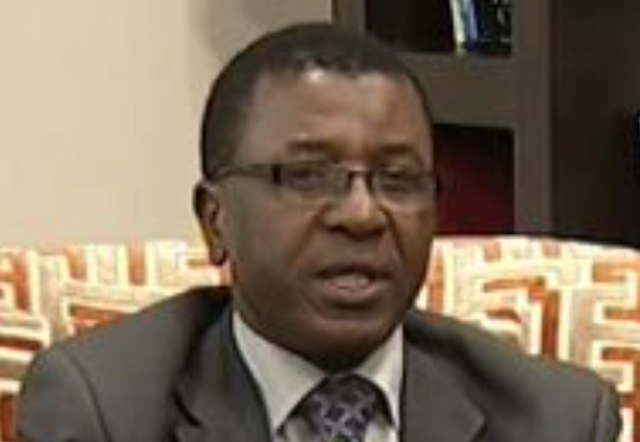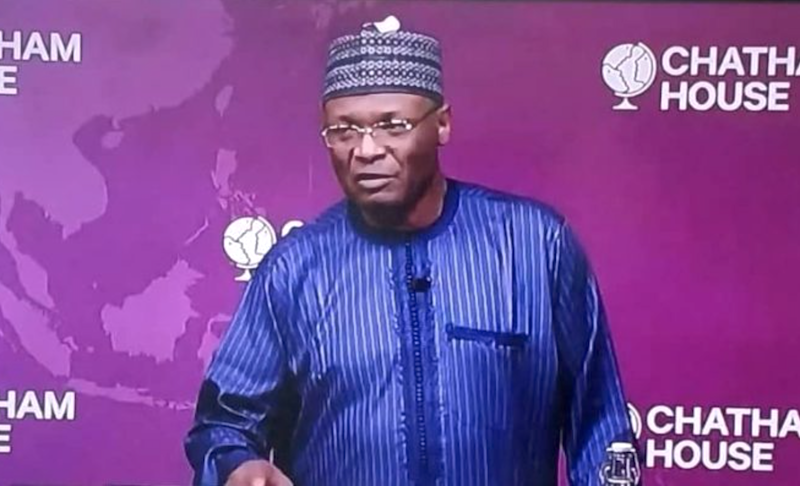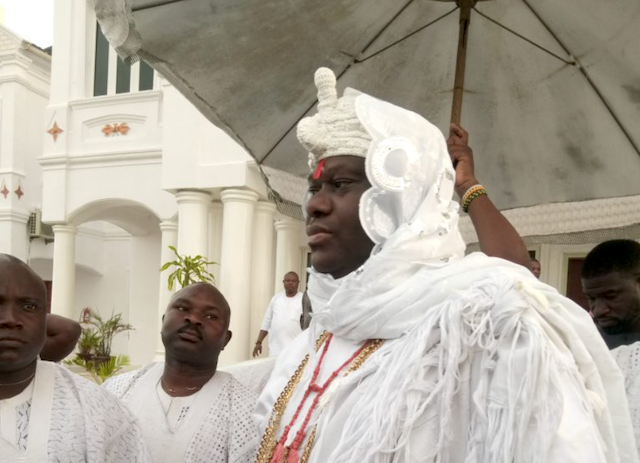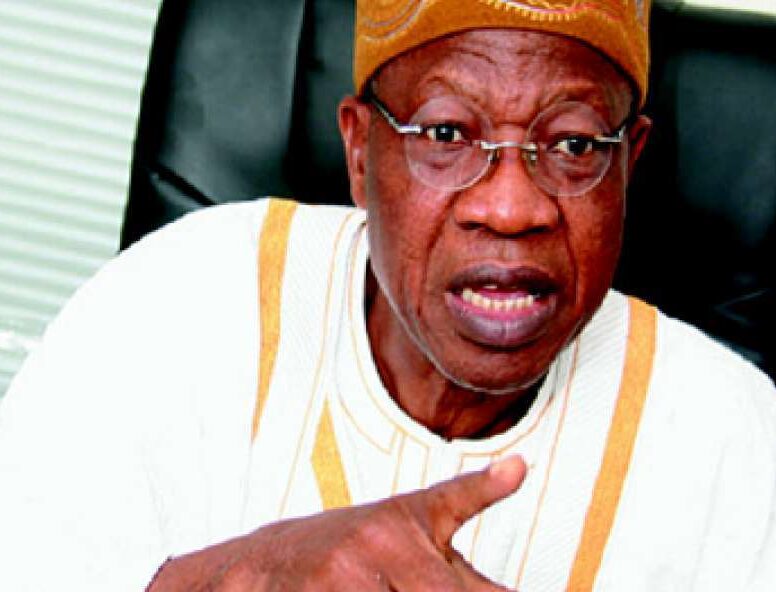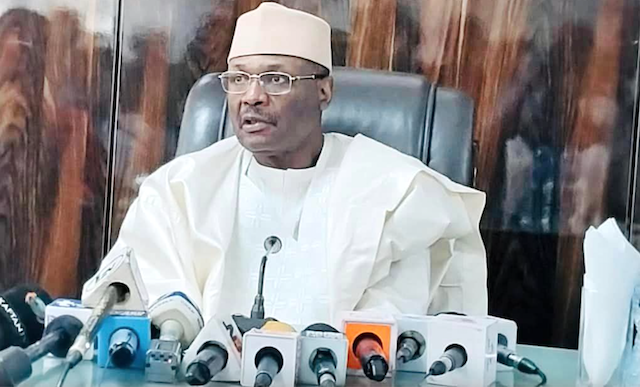Prior to the onset of the active campaign season, the outlook in the Abia governorship succession looked quite predictable. The state has remained a sure bet for the major opposition Peoples Democratic Party (PDP). Outgoing governor Okezie Ikpeazu is the third in a succession of PDP governors following after Orji Kalu and Theodore Orji, both serving senators respectively. Mr. Orji Kalu is however currently in the ruling APC. In fact, governor Ikpeazu is in the race for the Abia South senate seat in the February election. If he succeeds, Abia would acquire the distinction of being the only state where all the senatorial seats are occupied by former governors.
After the last party conventions, it seemed obvious and natural to expect that Dr. Ikpeazu would be succeeded by a PDP candidate of his choosing. Political gladiators in the state were mostly gravitating towards the incumbent governor and his choice of a successor to get their bearing.
The relative strength of the PDP and governor Ikpeazu in particular in Abia state derives from his support base in the Ukwa -Ngwa axis. The zone boasts of a convenient demographic majority which, for a long time, had been marginalized from the governorship position in the state for a long time. Power in the state has from inception been dominated by persons from Abia North.
It was only under Theodore Orji that the seat came to Abia Central which consists of Umuahia and parts of Ukwa -Ngwa axis. Under Mr. Theodore Orji, based on pragmatic considerations, there was a political understanding that governrship power would go to the core Ukwa -Ngwa axis after Theodore Orji’s tenure. Governor Ikpeazu is the first beneficiary of that understanding and therefore the first Ukwa-Ngwa man to hold the office of governor in Abia state.
There was up to the immediate post convention period that no credible threat to the PDP hegemony in the state. The All Progressive Congress (APC) was the next most powerful contender to the governorship seat. The major presumptive governorship aspirants from the APC are Mr. Uche Ogar, immediate former minister of Solid Minerals and Mr. Ikechi Emenike, a free lance business man and close associate of incumbent president, Muhammadu Buhari.
However, both men have kept each other busy in a slew of lawsuits. By the latest series of conflicting rulings, both men have now neutralized each other to the point that both of them are literally disqualified from effectively contesting the February election. That literally seals the fate of the APC and leaves the field open to the other contending parties.
This literally left the winning field at first open to the PDP. Mr. Ikpeazu’s preference of a successor is Professor Ikonne, former Vice Chancellor of Abia State University. That choice sent ripples across the PDP membership in the state. Opposition to the choice was based on his age (he is above 70) as well as the implicit defiance of staunch party loyalists. Governor Ikpeazu stood his grounds and got away with his choice since Prof Ikonne is also an Ukwa-Ngwa man. But even among the Ukwa-Ngwa political elite, the choice of Ikonned has remained a contentious matter especially from the youth.
There have, however, been two major twists to the tale of the
Abia governorship succession in recent times. First, the PDP candidate has been ill and in and out of hospitals at home and abroad for most of the campaign season. For most part, he has not been available to participate in the campaigns. This has created a virtual vacuum in the governorship slot of the state as governor Ikpeazu has been left to fill a campaign vacancy for a seat he cannot be contesting for, having used up his two terms. The sense of vacuum has been intensified by Ikpeazu’s flirtation with the governor Wike led Group of five dissident PDP governors opposed to the Atiku Abubajar presidential ticket.
This sense of vacuum has thrown the PDP into uncertainty and confusion. The party is under pressure to either field a late replacement for Prof. Ikonne or accept the inevitable bitter loss of governorship power in the state.
While the PDP has been grappling with the natural but unfortunate misfortune of the ill health of its governorship candidate, the Peter Obi-led Labour Party (LP) has come onto the national scene as a formidable political force. With huge and raging national followership, the Obi movement has quickly garnered massive support in Abia state as in the rest of the south east and indeed the nation.
With the familiar face of Mr. Alex Otti, former Managing Director of Diamond Bank and two -time governorship candidate, as its flag bearer in the state, LP has been increasing in strength and followership. Recent reports have indicated massive daily decampments of PDP member into the Labour camp in support of both Peter Obi for president and Alex Otti for governor respectively.
If this trend continues, the clear indication is that Labour Party could produce the next governor of the state. But Mr. Otti has carried a burden of ancestry in his political career and repeated contests for the governorship of the state. He hails from Arochukwu in Abia North but grew up and is resident in Ngwa land. He is by right a full citizen of both zones of the state. He is both an Ngwa man and an Aro son. This has been something of a burden as some politicians in Ngwaland have been reluctant to recognize him as a legitimate son of the zone while he has been absent from the political consciousness of the Aro people of Abia North. But the crisis in the PDP seems t have played largely in his favour by replacing his ancestral burden with a more compelling national and pan Igbo interest in Peter Obi’s emergence.
Nonetheless, the other minority party, the All Progressive Grand Alliance (APGA) is showing some promise in the governorship contest in Abia. Its candidate, one Mr. Greg Ibe , is showing some presence. His strength seems to derive form his previous philanthropic efforts targeted at the youth coupled with the fact that he hails from the populous Ukwa-Ngwa axis. But he does not have the ready name recognition of Alex Otti. It is important to note that APGA had previously built up an impressive support base in the state when the party was being positioned as a key pan Igbo party in the mould of the Awo led Yoruba interest parties of old hence its dominance in Ojukwu’s Anambra state. Former Biafran leader Odumegwu Ojukwu, having failed to occupy centre stage in the old NPN was driven to form an ethnic based political party in the mopuld of the late Obafemi Awolowo. He was seeking to control the political destiny of the igbo states at least. That was the origin of APGA.
Mr. Ibe’s chances will depend on whether that original myth can be resurrected and weaponized to compete with the Peter Obi wave and rave of the moment.
If the present configuration of political forces remains as is, the fortunes of the PDP in Abia state seem rather bleak. On the other hand, the chances of a Labour Party governor in Abia state are indeed clear , present and bright.

